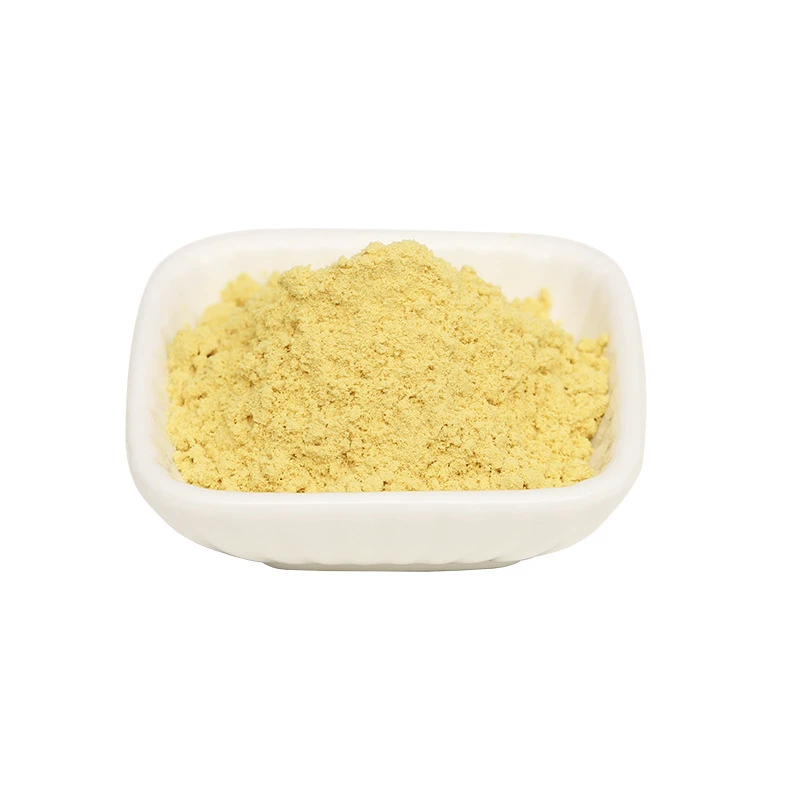Warning: Undefined array key "title" in /home/www/wwwroot/HTML/www.exportstart.com/wp-content/themes/1198/header.php on line 6
Warning: Undefined array key "file" in /home/www/wwwroot/HTML/www.exportstart.com/wp-content/themes/1198/header.php on line 7
Warning: Undefined array key "title" in /home/www/wwwroot/HTML/www.exportstart.com/wp-content/themes/1198/header.php on line 7
Warning: Undefined array key "title" in /home/www/wwwroot/HTML/www.exportstart.com/wp-content/themes/1198/header.php on line 7
- Afrikaans
- Albanian
- Amharic
- Arabic
- Armenian
- Azerbaijani
- Basque
- Belarusian
- Bengali
- Bosnian
- Bulgarian
- Catalan
- Cebuano
- China
- China (Taiwan)
- Corsican
- Croatian
- Czech
- Danish
- Dutch
- English
- Esperanto
- Estonian
- Finnish
- French
- Frisian
- Galician
- Georgian
- German
- Greek
- Gujarati
- Haitian Creole
- hausa
- hawaiian
- Hebrew
- Hindi
- Miao
- Hungarian
- Icelandic
- igbo
- Indonesian
- irish
- Italian
- Japanese
- Javanese
- Kannada
- kazakh
- Khmer
- Rwandese
- Korean
- Kurdish
- Kyrgyz
- Lao
- Latin
- Latvian
- Lithuanian
- Luxembourgish
- Macedonian
- Malgashi
- Malay
- Malayalam
- Maltese
- Maori
- Marathi
- Mongolian
- Myanmar
- Nepali
- Norwegian
- Norwegian
- Occitan
- Pashto
- Persian
- Polish
- Portuguese
- Punjabi
- Romanian
- Russian
- Samoan
- Scottish Gaelic
- Serbian
- Sesotho
- Shona
- Sindhi
- Sinhala
- Slovak
- Slovenian
- Somali
- Spanish
- Sundanese
- Swahili
- Swedish
- Tagalog
- Tajik
- Tamil
- Tatar
- Telugu
- Thai
- Turkish
- Turkmen
- Ukrainian
- Urdu
- Uighur
- Uzbek
- Vietnamese
- Welsh
- Bantu
- Yiddish
- Yoruba
- Zulu
Aug . 08, 2024 05:05 Back to list
Exploring the Health Benefits and Culinary Uses of Birch Sugar for a Natural Sweetener Alternative
Understanding Birch Sugar The Natural Sweetener
Birch sugar, known scientifically as xylitol, is a natural sugar alcohol derived from the bark of birch trees. Over the years, it has gained popularity as a healthier alternative to traditional sugar and artificial sweeteners. Unlike sucrose, which can contribute to various health issues, birch sugar offers numerous benefits, making it an appealing option for those looking to reduce their sugar intake.
What is Birch Sugar?
Xylitol is a pentitol, a type of sugar alcohol that contains five carbon atoms. It is found in small quantities in many fruits and vegetables, as well as in birch bark, where it was first commercially extracted. The process involves extracting the xylitol through hydrolysis, followed by hydrogenation of the glucose contained in xylose. The final product is a white crystalline substance that closely resembles table sugar in appearance and taste.
Benefits of Birch Sugar
One of the most significant advantages of birch sugar is its low glycemic index (GI) of around 7, which is considerably lower than that of sucrose, which has a GI of 60-70. This means that xylitol has a minimal impact on blood sugar levels, making it an excellent choice for people with diabetes or those looking to manage their blood glucose levels. Additionally, it contains about 40% fewer calories than regular sugar, which can aid in weight management.
Moreover, birch sugar is not only a sweetener but also boasts dental health benefits. Studies have shown that xylitol can significantly reduce the growth of cavity-causing bacteria in the mouth. When consumed regularly, it can help in remineralizing tooth enamel and reducing the incidence of dental caries. Consequently, many dental care products, such as chewing gums and toothpaste, now include xylitol as an active ingredient.
birch sugar

Culinary Uses
Birch sugar is versatile in cooking and baking due to its sweetness and ability to mimic the texture of sugar. It can be used in various recipes, from desserts to sauces, without compromising flavor. Unlike some artificial sweeteners that may leave a bitter aftertaste, xylitol has a clean, sweet flavor profile that pleases many palates. It is important, however, to note that xylitol behaves differently than sugar in recipes, particularly in its ability to caramelize, so adjustments may be necessary when substituting it in traditional recipes.
Cautions and Considerations
Despite its numerous benefits, birch sugar is not suitable for everyone. In large amounts, xylitol can cause gastrointestinal issues, such as bloating and diarrhea, particularly in people who are not accustomed to consuming sugar alcohols. It's important to introduce it slowly into the diet to gauge tolerance. Additionally, xylitol is highly toxic to dogs; even small amounts can lead to serious health issues, including insulin release and hypoglycemia.
Conclusion
Birch sugar, or xylitol, represents a natural, health-conscious alternative to conventional sweeteners. With its low glycemic index, lower caloric content, and dental health benefits, it appeals to a broad audience, from health enthusiasts to those managing diabetes. As people increasingly seek out healthier lifestyles, birch sugar stands out as a sweet option that can enhance culinary experiences while promoting overall well-being. However, as with any food product, moderation is essential, and awareness of its effects and potential risks is crucial for safe consumption.
Latest news
-
Certifications for Vegetarian and Xanthan Gum Vegetarian
NewsJun.17,2025
-
Sustainability Trends Reshaping the SLES N70 Market
NewsJun.17,2025
-
Propylene Glycol Use in Vaccines: Balancing Function and Perception
NewsJun.17,2025
-
Petroleum Jelly in Skincare: Balancing Benefits and Backlash
NewsJun.17,2025
-
Energy Price Volatility and Ripple Effect on Caprolactam Markets
NewsJun.17,2025
-
Spectroscopic Techniques for Adipic Acid Molecular Weight
NewsJun.17,2025

